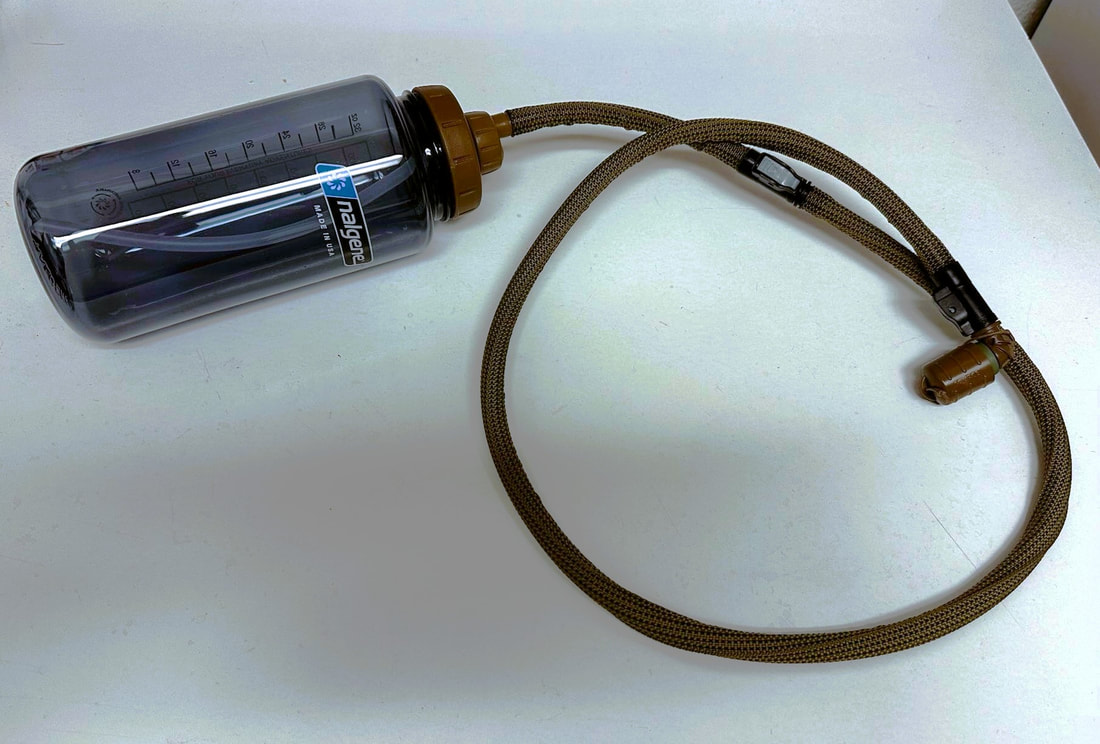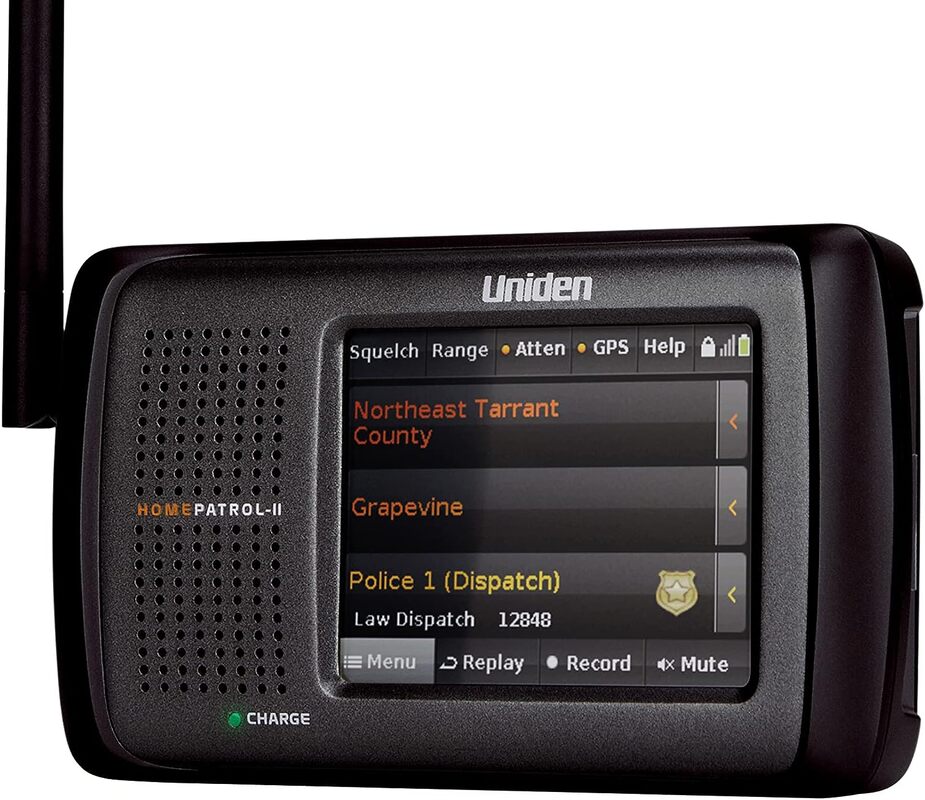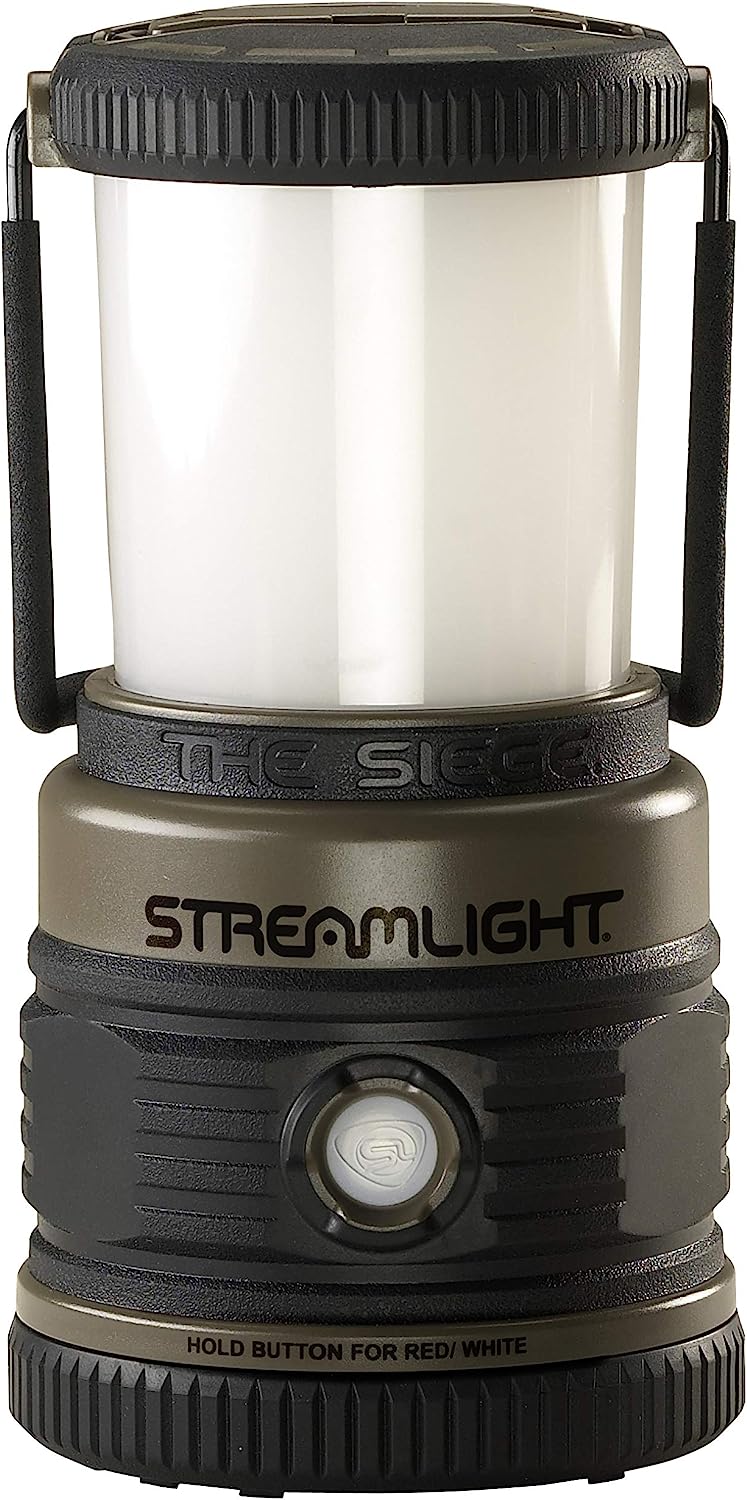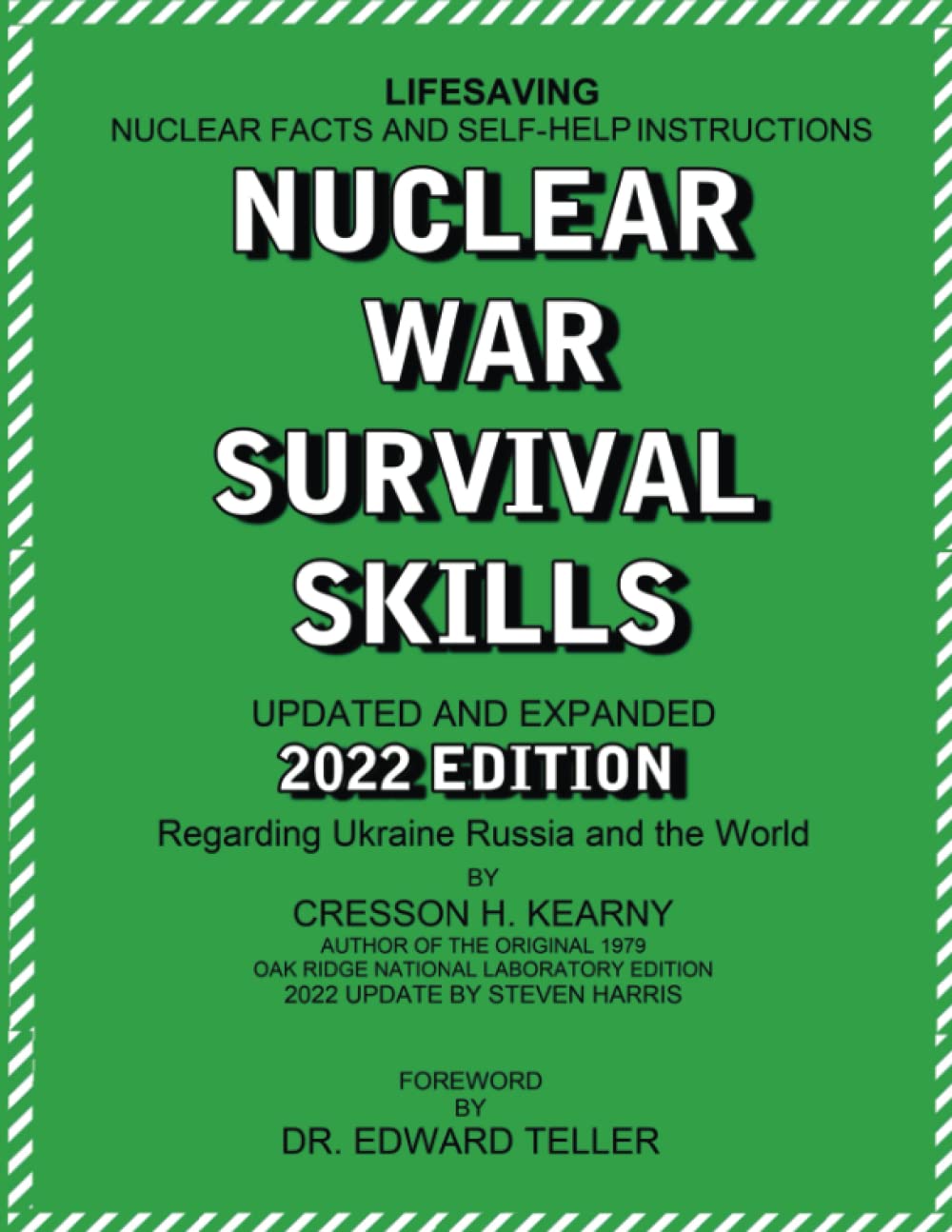|
If you have followed Forward Observer for a long time, you’ve heard founder Mike Shelby talk about intelligence and the “area study” a lot. You may have dismissed his consistent calls to the audience to increase one’s local situational awareness and his mantra “Do your area study.” I must admit that for an embarrassingly long time I didn’t understand what an “area study” is despite intuitively doing all the right things. For those of us who have lived our whole lives or for a very long time in one area, it is easy to assume that we know everything about our home regions. After all, we experience it day after day. The reality is the vast majority of people don’t have a highly-detailed knowledge of where they live. Rather, they feel that they comfortably understand the details and dynamics. Familiarity in this case has bred overconfidence. Overconfidence gets people killed. Intelligence being critical to survival is the central tenant of Shelby’s message and without it, and an area study, you stand a much greater chance of dying when SHTF. This is because you may have planned for the wrong threats. For example, in spring of 2020, how many people suddenly found themselves in the midst of looting because they lived proximate to a retail center? Without intelligence you are completely blind to the threat until it confronts you without warning. Most people may struggle with basic tasks like reading maps, researching natural and industrial hazards in their area, or keeping up with demographic and criminal trends. These individuals who refer to themselves as potential warlords in the event of SHTF may think of themselves as generals, but their mindset and approach is that of a private. A private wants stuff that can help him perform his mission better, but wars are not won through acquisitions of stuff; they are won through strategy. Strategy is developed through intelligence. The private is responsible only for following orders; a general is responsible for identifying and planning the mission. For an individual, there is not going to be a general or S-2 shop doing the work for you. What is an area study? An area study is zone reconnaissance; as more critical points or places of interest are identified, more detailed information collection becomes area reconnaissance. It is truly a “study,” not just a document. Ultimately, an area study goes beyond collection of data and becomes a thought exercise. What is an “area study”? In a grossly oversimplified nutshell:
Intelligence is information analyzed to answer questions. Without a baseline understanding of a problem, a threat, or an environment, there is an insufficient level of knowledge to even begin asking questions. In the context of history, I always explain my fascination with learning about the past (and the world) as turning on the lights in a dark building, revealing rooms and details that would have gone totally unnoticed in the darkness. An area study is about identifying and filling intelligence gaps—you don’t know what you don’t know. I made the mistake of thinking an area study was collating documents and information. It is, but rather than being just a file, it's recording what you are learning for offline use when you need a reference. If an area study was just writing down what you know about your home that may be useful when SHTF, it might rightly be regarded as just a gimmick. No, an area study is more of the process of learning than it is the final product. An anecdote This is where I have to add a personal apology: I blew off Mike because I failed to understand what he was getting at. If you are mistaking an area study as “just” a document, you aren’t alone. I literally wrote a section of a book describing “knowing where you live” without understanding that this actually was an area study in practice for like over a year. If you think that Shelby is overemphasizing the importance of intelligence your observation is not surprising, but it is incorrect. Much of the book is spent trying to convince the reader to conduct their study and explain why. It is easy to overlook the importance of intelligence. For most people, they are operating under a veil of benign ignorance. I will admit that for too long I simply didn’t understand what he was getting at, which may seem astounding coming from an author like me. Cops know their areas really well; it’s called beat familiarization and you get it out of books (binders in the briefing room if we’re talking analog) and firsthand. When relocating, many people look for “the good schools” and flood hazards. Generally, we do not perform a multi-hazard threat analysis that includes political and social factors, nor do we consider ordinal effects on the area due to a catastrophe (“ordinal effects”: second, third order, etc.). My advice in one of my books was to “know about where you live” and I described what I did naturally all my life out of simple curiosity. Most people do not spend hours pouring over maps or Google Earth. They do not look up demographic data or ethnic distribution in the racial dot maps (based on census data). Knowledge of crime patterns and gang behaviors are total unknowns to the average American. The general population’s understanding of their neighborhoods and regions are based almost entirely on experiential data; that which they live every day. One day Mike put some thing out on YouTube or something and it suddenly dawns on me what an “area study” is. It also dawned on me that in addition to being very dense, I don’t think like other people. What came naturally to me as basic curiosity or “fun” (I’m sure you have a different definition) is like pulling teeth to other people, hence Shelby’s aggressive exhortations. It blew me away to realize that this wasn’t something everybody did, which is why I thought Mike’s mantra was so unnecessary. It was a true light-bulb going off in my head moment; I am not like normal people. Normal people don’t play around on Google Earth, collect maps, or wonder what the demographic distribution of certain groups are in their place of residence. Normal kids don’t say “Gee, I’m bored. Let me thumb through the phone book.” That’s why it’s so imperative that you actually sit down and deliberately do this stuff. Part of the reason I was so oblivious was because I didn’t understand other people don’t have the same level of curiosity. Examining the psychology behind this tells us that even smart people are subject to cognitive blind spots. Most people know about where they live through direct experiential learning, that is, in their day-to-day lives. Very few people look at maps, satellite photos, or demographic data. They do not look at trends in crime. I’m sure it seems bizarre that a guy like me would fail to “get it” on why an area study is necessary or why it is imperative for a prepared citizen to do one. It’s almost laughable now that I did do area studies and think about the bigger picture but failed to connect what came naturally to me with what Shelby was talking about. It’s really embarrassing to admit because in hindsight it’s so obvious. Why you need to do an area study
In writing my post-apocalyptic novels, I have to consider more than just the inciting event itself. For instance, what challenges would real people in a similar situation, set in an alternate reality, face? In my case, I looked at the dominant power structures in my area which are: law enforcement, agricultural interests, and Mexican drug cartels. I had to wargame how these elements would react and interplay in order to develop a plot. It would be easy to mistake Mike’s constant exhortations as marketing his own products and services; it is not. When he harangues his audience to do their area study, he is begging them to critically evaluate their physical and social environment. Many of us assume that since we have lived in an area forever or a long time that we know all there is to know about it. Indeed you might, but there are reasons for conducting a formalized study and recording the results. First, an area study serves as a validation for our experiential knowledge against hard sources. Second, though it may feel like we are retreading the same ground, it is a valuable gap analysis process. Assuming you know everything can be a fatal mistake. Due diligence:
Third, it creates a permanent record to make this information permanent and accessible. Recording the information allows you to access things you may not recall immediately, preserve the results of your work for others, and have access to research materials offline. In my professional and personal education, I rarely relied upon note taking because if I couldn’t remember it for a test, how was I going to remember it in life? In real life, many instances have cheat sheets for complicated information which is what your recorded study becomes. I have had countless binders full of information that I read once or twice or referenced on the rarest of occasions. The point of collating this information is to serve as a quick reference and preserve it for others’ use. For instance, I can be a human encyclopedia about my AO but if I’m dead, my family or my partners can’t plug my brain into a USB port and run a file recovery program. The problems with the modern survivalist paradigm in Shelby’s view is that the average prepper does not understand the environment in which he lives and suffers from a critically small human network. Without gathering information to comprehend the nature and risk of various first, second, and third order threats survival planning can be done wrong. The consequences may range from the inconvenient to deadly. Furthermore to the second point, in a dramatically altered society, smaller human networks—individual relationships—will be vital for not only security, but commerce and social capitol. What Shelby is offering is, in his words, “second layer solutions” that increase survivability beyond the mere logistics of sustainment. This goes beyond just having backup in a fight or someone to barter with. Mutual cooperation reduces the ability for malign forces to exert control. Successful people get that way because they look for and exploit opportunities. Your weakness is a bad guy’s opportunity. If your plans are general in nature and you have no clear idea of who might be coming to get you, you are not prepared. Intelligence is planning for the guy down the street who constantly gets arrested getting out of jail, terrorizing the neighborhood, and one day becoming the capo for your local Mexican cartel. It’s not some general idea that people might try to steal your freeze dried food and having a vague idea of using your AR-15 to fight them off. You know what the reality is going to be for most people when SHTF? They will flock to whoever seems to have it together and either become slaves for safety or follow orders for survival/success. The strong man with a plan and the means to effect his plan will be the one who takes control. This is how bad guys like the mafia take over; they fill a power vacuum, offer safety, and vital services needed for survival. In some of my novels the battle for control centers around wells; water is life. Police struggle to maintain them as public resources and gangs want to control the wells so they can profit. European rivers and roads were controlled by bandit barons who extorted tolls on travelers, which harmed commerce, but absent a powerful central authority, they got away with it. Have you considered how bad actors may exploit resources in your area, including who these people might be, what those resources are, and how you can counter it? The book itself Army intelligence field manuals are very obtuse, and it is very difficult to apply the information in them to the civilian survivalist context. FM 2-0 and 34-3 made my brain hurt. Shelby parses the good information for you. He not only explains what information to look for, but why it is important. It is far more than a series of forms to fill out, though the book concludes with the outline for your own study. Some things I liked or noted: Book discusses basic concepts to intelligence analysis like the intelligence cycle. While many of us can do this process intuitively, it helps to understand the doctrinal aspects that can streamline and improve the efficiency and accuracy of the process. One problem Shelby discusses is the scope of the area study; a common problem he finds among some of his students is determining the size of the area to be studied. In effect, the area and borders are indeterminate, but the limitations on imagination are another matter. The study is the narrow to the broad, tactical to operational: Define the threat > define the mission. These two are reciprocal but not interdependent. A threat can be identified if falls within one’s mission (i.e. “hunkering down”) or a mission may evolve out of threat identification, or vise versa. Threat categories: Conventional, Irregular, Catastrophic, and Disruptive. The nature of the threat, not the situation. Disruptive threats are things or people that compound existing problems. What degree of trouble do they pose? I took this as the perspective of situations, rather than their effect. Specificity is important—without specificity and research threats become “yeah, I know, people are dangerous.” Broad assumptions create blind spots. I really like that he quotes Fritz and Mathewson’s five categories of problem people; even the recap of their work in this book beats my own grouping of people who will complicate life post-SHTF. Conclusion While documenting your area study is important, what Shelby is asking people to do is learn and think abstractly about their community. The Area Intelligence Handbook is a guide on how to do that research and what to consider. This book is a necessary part of the prepper/patriot crowd’s bookshelf. For those just starting off, I would recommend it be the starting point because it articulates why studying the geographic and human factors are important. It’s a book about identifying what exactly you’re facing, which will guide your defensive preparations, your gear acquisitions, and the skills you learn. The Area Intelligence Handbook Forward Observer Gray Zone Activity BUY MIKE SHELBY'S BOOK OR YOU ARE LITERALLY GOING TO DIE. 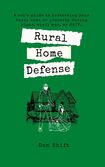 As America stands at the precipice of famine, political instability, a financial disaster, domestic conflict, and even a civil war, preparing one’s home and family are now a matter of survival. Contrary to the popular belief that rural living will allow a prepared individual to ride out the storm unscathed, lessons from history show us that those outside of cities will face similar threats to their suburban compatriots. Rural and remote homesteads and properties can be easily attacked by a superior force utilizing the same isolation that the owner sought. Getting out of the cities is a good idea if you are prepared for the unique challenges. This book is for:
Rural Home Defense is the rural companion to Suburban Defense and Suburban Warfare. It covers topics like:
Don Shift is a veteran of the Ventura County Sheriff's Office and an avid fan of post-apocalyptic literature and film. He is a student of disasters, history, current events, and holds several FEMA emergency management certifications. His works include the non-fiction Suburban Defense, Suburban Warfare, and Nuclear Survival in the Suburbs; the Ventura Sheriff EMP series of novels (Hard Favored Rage and Blood Dimmed Tide); Late For Doomsday, and Limited Exchange, both nuclear war survival stories. Now that I’ve finished some writing of my own on similar topics, I’ve been free to read other’s works that have featured prominently in this community.
Jack Lawson’s Civil Defense Manual I had a chance to peruse Mr. Lawson’s book this weekend at a friend’s house. This is a comprehensive and universal disaster survival manual. This reminds me of the big go-to cookbooks that everybody used to have that tells you how to cook anything. No exhaustive details on a particular cuisine, but enough for you to pull off a big dinner with great results. The CDM covers pretty much every emergency scenario you could imagine happening in reality. This is the book that you keep around for when the low probability emergency (that you didn’t prepare for) which suddenly becomes high probability. I would highly recommend it as a gift to less apocalyptically inclined family members. Yes, on Christmas morning they’ll probably flip through it with some mild curiosity and then shelve it, but when SHTF they are going to go straight to it. Now we can’t help people who won’t read this stuff beforehand and prepare proactively, but the way Lawson wrote is book could help people who are ready to listen. He serves everything up to the willing ear with a persuasive argument. I call this “why you should care.” The chapters are written in a friendly and relatable manner. Historical and personal anecdotes are includes which personalize the danger, the need for concern, and that preparation can be achievable. You can see this from the excepts published on American Partisan. Lawson doesn’t overwhelm people, which may scare them, nor does he bash people over the head with an info dump. The tone is positive, i.e. making someone want to survive instead of becoming frightened, apathetic, and hopeless. So keep a copy around for when “I didn’t think that could happen here” happens and give a copy to your clueless friends and relatives. Joe Dolio’s Tactical Wisdom series (TW-#) These series of books are essentially field manuals for the civilian who expects a need to operate in a tactical or combat manner. In other words, how to move and fight like a soldier or Marine. The way this information is presented is easily relatable and clear. It literally is like an instruction manual. Editions cover both urban and rural combat. What I enjoyed most is the manuals were not oriented towards prior combat arms and seem to have come from a line infantry vs. special forces perspective. Even a green civilian with little tactical sense could be well educated in the principles of not dying and making the other guy die. If you want to know how to patrol in a military fashion after SHTF, these are the manuals. Third, there is no fluff. Actual field manuals are often less instruction books than they are definitions of policy and doctrine. If you want a “how to” book, this series is it. If you enjoyed the Ranger manual because it covers everything and gets to the point, you’ll enjoy Dolio’s series. I particularly liked his interactions with Antifa while undercover. In future editions of my own urban combat non-fiction works, I will be including a reference to these books for those who need tactical instruction. Fernando “Ferfal” Aguirre: The Modern Survival Manual: Surviving the Economic Collapse & Street Survival Skills: Tips, Tricks and Tactics for Modern Survival For those who haven’t been following “Ferfal” since he was online only posting his advice in forums, etc. you’ve been missing a great resource. He’s actually lived through an economic collapse in Argentina. His experience is the one that scares me the most; enough to make conditions dangerous and day-to-day living difficult, but not bad enough to where you get to quit your job and can shoot bad guys. Imagine living in a world where food is expensive, hard to come by, and you still have to commute to a terrible job but you get carjacked and robbed along the way. That was Fernando’s world. I would suspect that America will begin to look like his Argentina for a while until a total collapse comes and the rule of law disappears. Both books go through the day-to-day of living in sudden poverty. Most of us have family memories of the Great Depression, except for all intents and purposes that was another America. The fractured, polarized, and multicultural society we now live in resembles Argentina more and I highly suspect an economic breakdown here will necessitate Fernando’s skills more than our grandparents’ “make do with poverty” grit of the Thirties. Specifically, his books look at things like navigating black or gray markets and establishing trust with local merchants. The stark reality of self and home defense in violent and dangerous world, but still with the nominal rule of law, are included. Fernando’s books are part instructional and part a reality check of how SHTF won’t be all “just shoot everybody.” Miscellaneous Clay Martin: Concrete Jungle and Prairie Fire. These are very good for building an advanced team of shooters. Clay is a colorful writer so if you are easily offended by language or are a leftist don't read. I will cover these separately in another review as a pair. Lionel Shriver: The Mandibles: A Family, 2029-2047. This novel is a look at a leftist America in an economic collapse. I think this scenario is highly plausible and what we will face. It is also kind of funny and there is a lot of schadenfreude at “feel good” liberals living in a blue hellhole city reaping the rewards of what they’ve sewn. Dean Ing: Pulling Through. Simply the best nuclear war survival novel I’ve ever read. Realistic and full of practical advice. A third of the book is actual articles on how to survive a nuclear war. It is out of print and the copies are hard to find, but I will let you have my copy in exchange for an attractive daughter or sister (21-30, must be in the “unicorn” zone). Gordon Hutchinson and Todd Masson: The Great New Orleans Gun Grab. Yes, the book is about gun control and confiscation. Besides that, it 1. provides an excellent look at what self-defense and crime during a semi-WROL (without rule of law) situation would be like and 2. gives you an insight to cop’s mentality during the near-end of the world. Anything Selco Begovic has written. Selco is a survivor of the horrific Siege of Sarajevo. A total WROL collapse will not be a picnic. Anyone expecting the end of the world to be a walk in the park needs to read this for a dose of reality. I mean, women are selling themselves for a can of spam to feed their kids. Do you want that to be your wife? 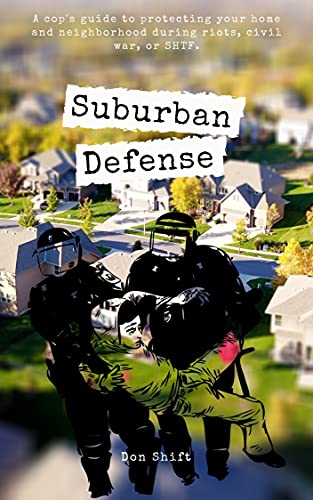 “Get out of the cities;” you hear the mantra commonly in the prepper community, but what can those who are unable to leave do to help survive urban turmoil? Many prepper and survivalist experts give up suburbia as lost, focusing on rural communities where the idea of “dense” housing is two-acre lots. Not all of us can take the best solution of relocating to a politically friendly rural area and live on a self-sufficient property away from the trouble. Even rural residents might find themselves facing a problem they didn’t anticipate. 2020 was the year that rioters entered neighborhoods. We were fortunate that they were there mainly to annoy people but in SHTF these groups will likely be there to plunder…or worse. For the first time, many of us had to consider “How does a suburbanite with a little bit of tactical interest or experience organize a defense?” A lot of the advice out there seems to over-estimate the reader’s ability and use a one-size fits all strategy of “shoot everyone;” not the kind of thing everyone will find helpful. You can survive a grid-up situation by relying on yourself and your neighbors in the absence of law and order. Suburban Defense: A cop’s guide to protecting your home and neighborhood during riots, civil war, or SHTF by Don Shift is your guide. Large, hostile groups—from rioters to raiders—don’t need to be a death sentence. This guide is aimed towards those of us trapped in suburbia and provides many less-lethal methods of defense. This is not a general survival manual. It is not a tactical shooting, room clearing, SWAT team and military tactics for the civilian book. It doesn’t try and teach your how to be a guerilla, sell you on the need for “prepping,” or setting up your bugout bag. No, it gets right into the nitty-gritty of what you need to do, and can do, to keep your slice of civilization safe with the means and tools at your disposal. And just what does the “nitty-gritty” consist of?
This book puts a lot of military or law enforcement tactics and techniques within reach of the people who haven’t been in uniform. Persons with average tactical awareness can easily adapt and employ the advice in this book. Even those who don’t expect to actively engage in a fight can learn how to better prepare their home and organize the neighbors who can be defenders. Suburban Defense is for:
Suburban Defense: A cop’s guide to protecting your home and neighborhood during riots, civil war, or SHTF is available on Amazon. |
Author Don ShiftDon Shift is a veteran of the Ventura County Sheriff's Office and avid fan of post-apocalyptic literature and film who has pushed a black and white for a mile or two. He is a student of disasters, history, and current events. Archives
May 2024
Categories
All
As an Amazon Associate I earn from qualifying purchases.
|
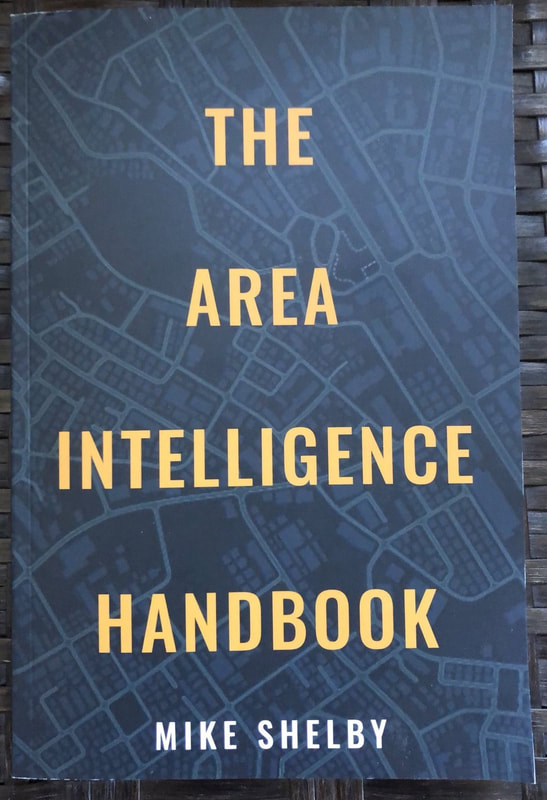
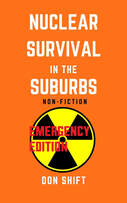
 RSS Feed
RSS Feed
